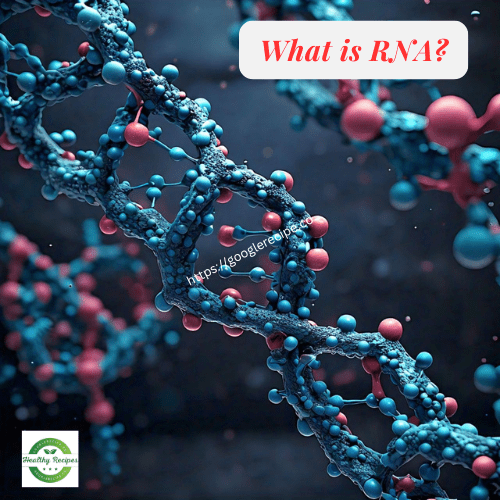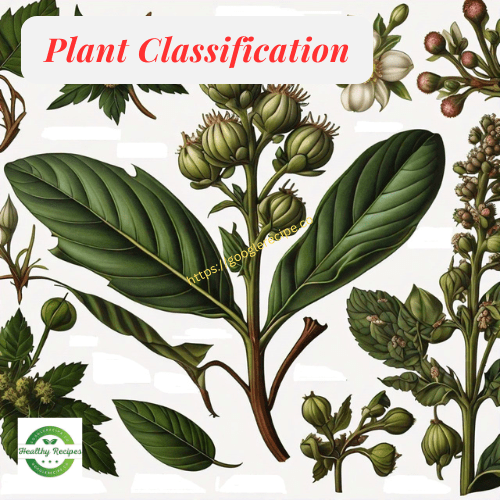What Happens If You Stop Eating Sugar for 14 Days
![]() by googlerecipe.co June 5, 2024 · Nutrition
by googlerecipe.co June 5, 2024 · Nutrition
Table of Contents
ToggleBreaking Up with Refined Sugar: A Journey to a Healthier You
What Happens If You Stop Eating Sugar for 14 Days? In today’s world, sugar has become an almost indispensable part of our daily lives. “What Happens If You Stop Eating Sugar for 14 Days”. We celebrate with sweets and console ourselves with desserts, and we often don’t realize how much sugar we’re consuming.
However, breaking up with refined sugar can bring about numerous benefits, transforming your physical, mental, and overall well-being. Let’s dive into why and how you should consider a refined sugar-free life for at least 14 days and beyond.
The Hidden Sugars in Everyday Foods
Many of us think that we don’t consume a lot of sugar. However, sugar sneaks into our diets in many forms. From your morning cup of tea with biscuits to that small piece of chocolate, sugar is present in surprising amounts.
Even refreshing drinks like lemonade or energy drinks are packed with sugar. Being mindful of these hidden sugars is the first step towards a healthier lifestyle.
The 14-Day Challenge
If you decide to cut out refined sugar for just 14 days, you’ll start to see noticeable benefits. This challenge helps reset your body’s relationship with sugar. You will likely experience:
- Improved Mood and Energy Levels: Initially, you might feel a drop in energy, but soon, your mood will stabilize, and energy levels will rise as your body adapts.
- Better Skin Health: Reducing sugar intake can lead to clearer, more radiant skin. Sugar impacts collagen and elasticity in your skin, leading to issues like acne and premature aging.
- Weight Loss: Without added sugars, your body will start to burn fat more efficiently. This also helps in reducing water retention and overall body fat.
Emotional and Physical Dependency
Our bodies and minds often link sugar to happiness and celebration, making it a hard habit to break. Sugar provides instant energy, but this quick fix comes with a crash, leaving us feeling dependent on the next sugar hit. Studies show that high sugar intake can lead to increased stress and even depression over time.
Health Risks of High Sugar Intake
Consuming too much sugar not only affects your mood and skin but also has long-term health consequences. High sugar intake is associated with an increased risk of diabetes, high blood pressure, and cardiovascular diseases. It also affects your mental sharpness and memory, leading to a decline in cognitive functions.
Steps to Reduce Sugar Intake
- Remove Sugary Foods from Home: Start by not bringing sugary snacks and foods into your house. Instead, opt for natural sweeteners like jaggery or honey in moderation.
- Understand Your Cravings: Sweet cravings often occur after meals. Combat this by eating a small piece of jaggery, brushing your teeth, or consuming fruit to curb the sugar craving.
- Increase Physical Activity: Engage in regular exercise to balance out the sugar you consume and to keep your energy levels stable.
- Educate Yourself: Be aware of different names for sugar on ingredient lists, such as sucrose, fructose, and glucose, to avoid unknowingly consuming refined sugar.
Benefits of a Sugar-Free Life
- Enhanced Skin Quality: Less sugar intake means fewer skin problems and a glowing complexion.
- Improved Mental Clarity: Your ability to learn new things, remember information and process data will improve.
- Better Oral Health: Reducing sugar helps prevent tooth decay and other dental issues.
- Weight Management: It helps in better weight control and reduces the risk of obesity.
Parental Guidance and Children
Parents must ensure that their children avoid refined sugar as much as possible. Natural alternatives and a balanced diet can prevent the negative impacts on their developing brains and bodies.
Conclusion
Breaking up with refined sugar is not just about cutting out sweets; it’s about making a conscious effort to improve your overall health and well-being. By understanding the hidden sugars in your diet and taking steps to reduce them, you can achieve a healthier lifestyle.
This journey may be challenging, but the benefits are undeniable. If you need support, consider enrolling in a fitness program that can guide you through this transition.
For more tips and guidance on leading a sugar-free life, don’t forget to like, share, and subscribe to our channel. If you need personalized support, our fitness team is here to help you achieve your health goals. Click the link in the description to enroll in our program today.
FAQs
1. Why should I reduce my refined sugar intake?
Reducing refined sugar intake can lead to numerous health benefits, including improved mood and energy levels, better skin health, weight loss, and a decreased risk of chronic diseases such as diabetes, high blood pressure, and cardiovascular issues.
2. How can I identify hidden sugars in my food?
Hidden sugars can appear under various names in ingredient lists, such as sucrose, fructose, glucose, corn syrup, and more. Reading labels carefully and being aware of these terms can help you avoid hidden sugars.
3. What are some healthy alternatives to refined sugar?
Healthy alternatives to refined sugar include natural sweeteners like honey, maple syrup, and jaggery. These should be used in moderation. Fruits can also provide natural sweetness and added nutritional benefits.
4. What are the initial challenges I might face when cutting out sugar?
Initially, you might experience sugar cravings, mood swings, and a drop in energy levels as your body adjusts to the absence of refined sugar. These symptoms typically reduce within a few days or a week.
5. Can reducing my sugar intake improve my skin?
Yes, reducing sugar intake can improve skin health. Excess sugar can lead to issues like acne and premature aging by affecting collagen and elasticity. Cutting down on sugar can lead to clearer and more radiant skin.
6. How does sugar affect my mental health?
High sugar intake can lead to mood swings, increased stress, and even depression over time. Reducing sugar can stabilize your mood and improve mental clarity and cognitive functions.
7. How can I handle sugar cravings?
To manage sugar cravings, try eating a small piece of jaggery or fruit, brushing your teeth after meals, or engaging in a distracting activity. Regular physical activity can also help.


